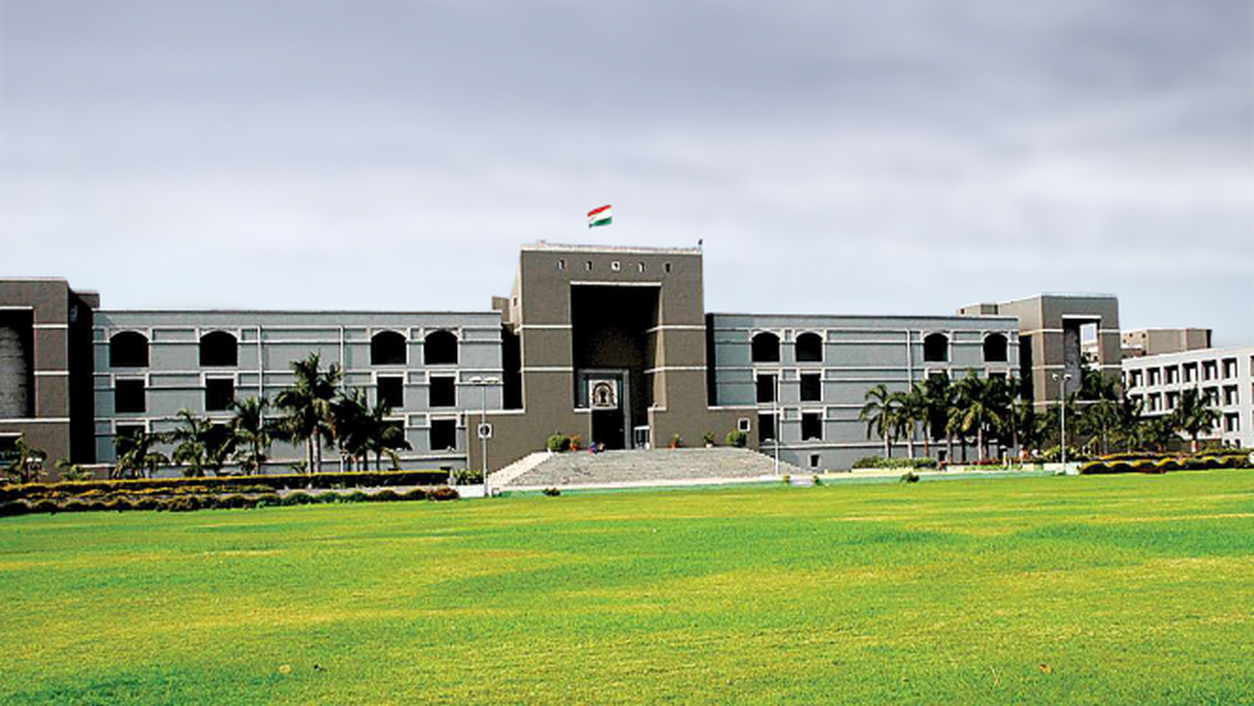Gujarat HC explains limitations over court’s interference in tender award disputes

Read order: Montecarlo Limited and Anr vs. Gujarat Rail Infrastructure Development Corporation Limited (G-RIDE)
Pankaj Bajpai
Ahmedabad, July 31, 2021: While declining to interfere with a tender award decision taken by the Gujarat Rail Infrastructure Development Corporation Limited (G-RIDE), the Gujarat High Court has ruled that the court has limited scope of interference when it comes to such disputes.
A Division Bench of Justice JB Pardiwala and Justice Vaibhavi D Nanavati noted that courts refrain from interfering in such tender award disputes unless it is found arbitrary and against public interest.
The dispute arose when the bid by Montecarlo made in reference to the tender notice issued by G-RIDE in relation to a project for Gauge Conversion in the Ahmadabad Division of the Western Railway came to be rejected at the technical stage for failing to submit physical copies of certain volumes of the bid document, which was part of the tender conditions.
It was pleaded that without even considering the price offered by Montecarlo which was lower than the price quoted by the ultimate bidder, the same was chosen by G-RIDE for the project.
Contending that the failure to submit physical copies was an inadvertent mistake, Montecarlo approached the High Court and argued that such physical submission was only a formal process and that inadvertent non-submission was of no consequence.
Opposing such plea, G-RIDE argued that Montecarlo had failed to submit critical, essential pre-qualification documents. It was therefore submitted that having accepted the lapse, Montecarlo could not turn around and argue that such a document was not essential.
The employer of a project, having authored the tender documents, is the best person to understand and appreciate its requirements and interpret its documents. The constitutional courts must defer to this understanding and appreciation of the tender documents unless there is malafide or perversity in the understanding or appreciation or in the application of the terms of the tender conditions, reiterated the Bench.
The High Court further went on to rule that G-RIDE was right in its stance that the bids were required to be submitted in the ‘required formats.’ The tender had stipulated the exact manner in which the documents were to be submitted.
Finally, the High Court ruled against Montecarlo and refused to interfere with the decision taken by G-RIDE, opining that it was not impressed with the stance that submission of physical copies was just a formal process.
Sign up for our weekly newsletter to stay up to date on our product, events featured blog, special offer and all of the exciting things that take place here at Legitquest.




Add a Comment